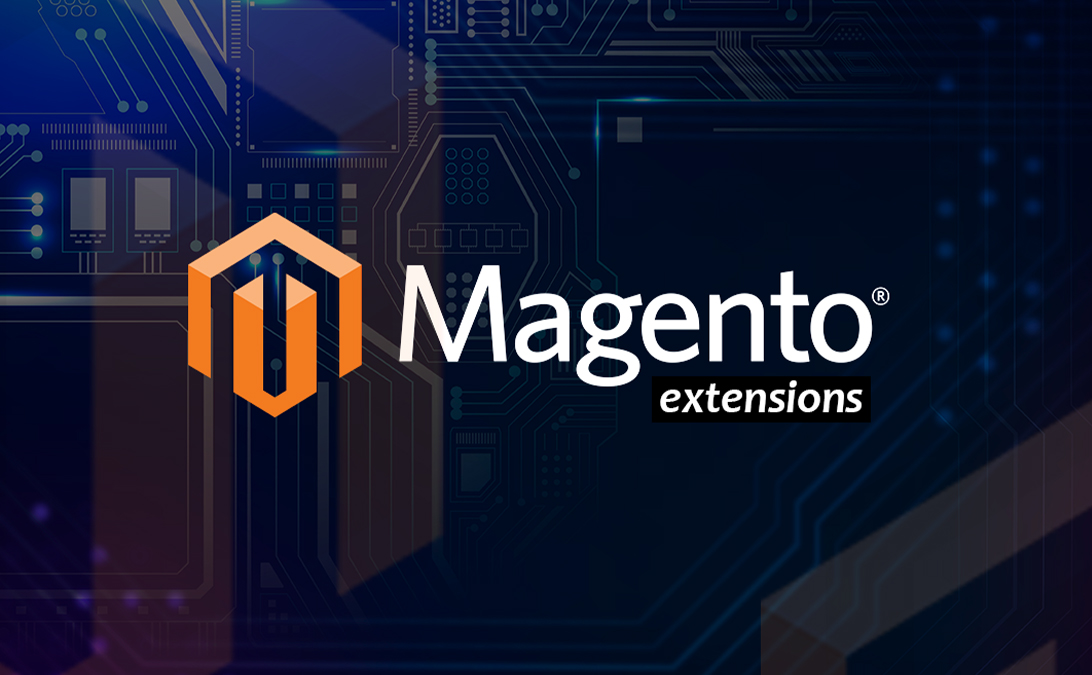
How to Choose the Best eCommerce Platform in 2024
19 June 2024
Choosing the best eCommerce platform plays a pivotal role in launching a successful online business. It should offer high flexibility and provide out-of-the-box functionalities like inventory management, order management, payment processing and tracking sales and revenue.
With the right platform, an eCommerce agency can build appealing digital stores. Thankfully, there are several options to choose from in the eCommerce landscape. Navigating the strengths and weaknesses of these eCommerce platforms can help identify which one is the best fit.
Before delving into details, let’s clear the basics.
What is an eCommerce Platform?
eCommerce platforms are functional software that enables businesses to set up and run online stores easily. It facilitates buying and selling products over the Internet. It also eliminates the need to build handy features like checkout pages, search bars and product filters, from scratch and fast-tracks the process of building an online store.
An eCommerce platform is like a content management system (CMS) that allows sellers to manage their business efficiently and accept online payments. This allows companies to focus on their core business objectives like sales and revenue.
Some of the most popular eCommerce platforms are Magento, Shopify, Adobe Commerce and WooCommerce. Choosing among them requires a careful analysis of business requirements and the key features they offer.
Here are 5 Factors to Consider For Choosing an eCommerce Platform
1. Business Needs
The foremost thing to consider is whether the platform has built-in capabilities to meet business requirements. For example, you need to weigh the target audience, the business industry, and the products and services you deal with. The eCommerce platform should let you easily scale up to meet growing business demands.
2. Support for Personalisation
A high level of personalisation with theme adjustments, API integrations, and design flexibility such as a drag and drop builder helps build a full-fledged eCommerce business site. Such a website can meet present demands and also offers scope for future improvements.
3. Ease of Use
Consider the platform’s learning curve and determine whether it is simple to understand and use. The right eCommerce platform not only comes with loads of features but is also easier for anyone to learn how to use. This helps with smooth inventory management, running sales and promotions, and other day-to-day business tasks and activities.
4. Power and Performance
When finding the best eCommerce platform in the UK, you need to look for reliability, scalability, and capabilities of handling high traffic volumes. For example, your business site should load within a few seconds and offer a quick checkout. So, you can deploy an enjoyable shopping experience for the clients around the year, even during the holiday season.
5. Support and Maintenance
Does the eCommerce platform come with official customer support? Also, check whether they release updates focused on performance and security enhancements. This can help you stay relevant to the latest technologies and optimise your digital store.
Based on the above factors, you can choose the right option for the business. However, it is essential to consider the available options before making the vital decision. Several platforms dominate the market, and each has its fair share of pros & cons.
Top eCommerce Platforms to Launch Your Business Online

1. Magento
Providing high-level personalisation, Magento is a trusted platform for mid-level and large-scale businesses. The eCommerce platform comes with two popular plans: Magento (an open source eCommerce platform) and Adobe Commerce (the Enterprise, paid-for version).
A Magento agency can build highly scalable digital stores that are powered with an advanced dashboard for analytics and building reports.
Pros
- Free and paid plans
- Endless possibilities for tailoring a bespoke digital store
- Rich eCommerce features
- Broad community support
- A large number of extensions
- Vast scalability options and marketing tools
- No transaction fees
Cons
- Not suitable for a small eCommerce website
- Requires ongoing maintenance costs
- Not easy to set up and requires external web hosting
2. Shopify
If you are looking for a user-friendly and comprehensive eCommerce platform, Shopify is an ideal option. This platform is renowned for offering end-to-end eCommerce site features with an easy-to-manage user interface. Compared to most alternatives, it lets you start selling online quickly.
Most agencies consider it the best eCommerce platform for small businesses and also compatible with mid-sized businesses. The Adobe Commerce vs. Shopify Plus comparison can help you gain detailed insights into which one to choose.
Pros
- Boasts an intuitive interface
- Drag-and-drop functionality
- Customisable templates and themes
- In-built tools for SEO optimisation, discount codes, and abandoned cart recovery
- Hosted solution, so you won’t need a separate hosting provider
- Manage high levels of traffic
- Offers good customer support with their Shopify Plus package
Cons
- Lower-tier plans come with high transaction fees
- Does not offer full creative control
- Limited level of customisation
3. WooCommerce
WooCommerce is counted among the most popular eCommerce platforms, and it is based on the WordPress blogging platform. Any business just starting out in the eCommerce landscape can trust it to build functional digital stores at a cost-effective budget. As a handy platform, it offers extensive customisation and an intuitive user interface.
Pros
- Easily integrates with WordPress sites
- Supports all major Payment Gateways, making payment processing simple
- Has a thriving ecosystem of developers
- Completely free to use; no transaction fees
- Tracks key business metrics from the WP admin of the site
Cons
- Too many plugins can slow down the page
- Poor update policies
4. BigCommerce
BigCommerce offers high scalability and smooth integration of marketing tools, making it ideal for tailoring any enterprise-grade eCommerce store. This eCommerce platform has a user-friendly interface and also supports a high level of customisation. It helps you build mobile-ready stores and manage them efficiently.
Pros
- Self-hosted platform
- Drag-and-drop editor
- Wide range of built-in features
- Multiple plans for fulfilling varying business requirements
- Comprehensive analytics and reporting tools
Cons
- Limitations in Annual Sales
- Many free themes are too similar to each other
Final Thoughts
The best eCommerce platforms can accelerate business growth by offering advanced features, high flexibility, and scalability. It’s essential to weigh your requirements against those offered by the chosen platform to make a well-informed decision.
At chilliapple, a partner Magento eCommerce agency in the UK, we craft digital stores with high traffic handling capacity, quick checkout, and mobile-friendly designs. We also pride ourselves on our customer support, offering support packages for almost all eCommerce platforms. Based on your specific requirements, we can tailor unique solutions using the best eCommerce platform that’s right for your online store.





